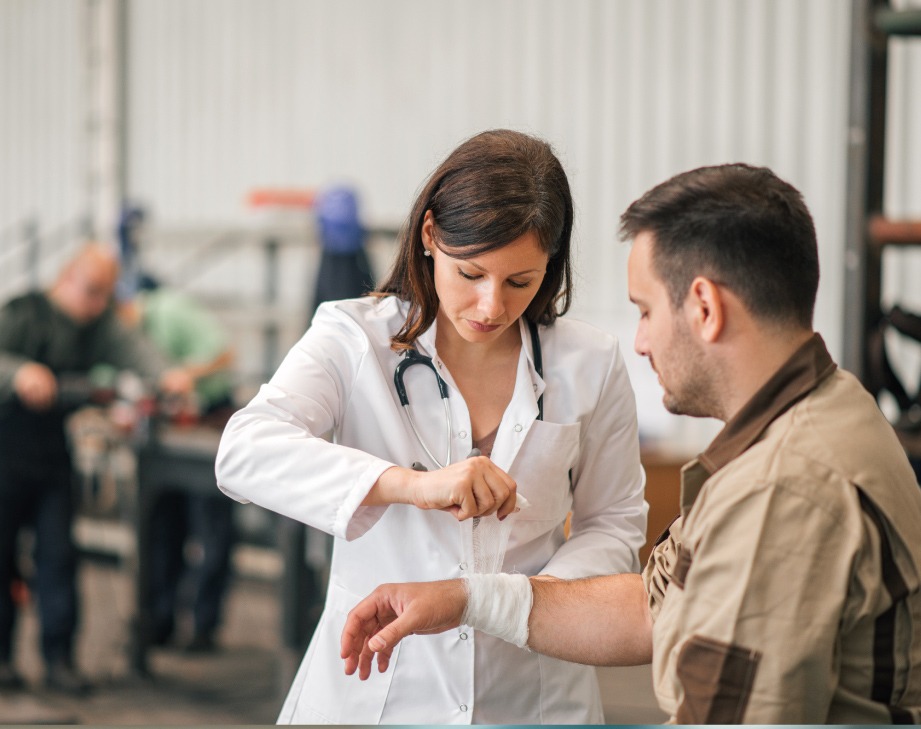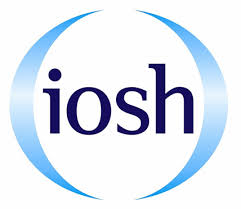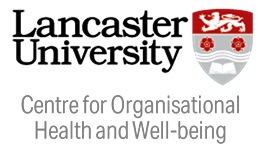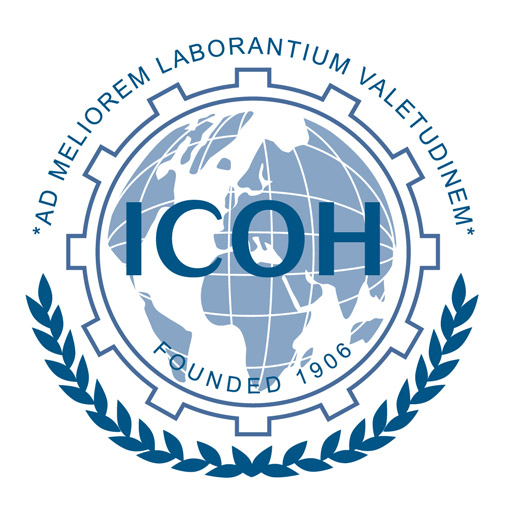Occupational Safety and Health services Research Project:
Moving the global state of the art
Funded by the Institution of Occupational Safety and Health (IOSH) and conducted by Lancaster University

High occupational safety and health (OSH) standards are crucial for the future of work and achieving Sustainable Development Goals (SDGs). Recent trends, including demographic shifts, technological advancements, climate change, and the impact of the COVID-19 pandemic have evidenced the need to increase efforts to protect and promote health, safety and well-being.
Despite OSH being a fundamental human right, it is estimated that 75% of the global workforce does not have access to basic OSH services (i.e., services entrusted with essentially preventive functions and responsible for advising the employer, the workers and their representatives in the undertaking on the requirements for establishing and maintaining a safe and healthy working environment). Additionally, there are significant disparities regarding scope, content and quality between high-income countries (HICs) and low- and middle-income countries (LMICs), and across various occupational sectors and work models.
This project is funded by the Institution of Occupational Safety and Health (IOSH), while the International Commission on Occupational Health (ICOH) is a formal collaborator. It aims to explore how OSH services are delivered worldwide by understanding the factors influencing their implementation, such as national policies, organisational size, and work models, to ensure a diverse and inclusive approach that cover formal and informal workers alike.
This Research Project Involves the Collaboration of

The Institution of Occupational Safety and Health

The Centre for Organisational Health and Well-being, Lancaster University

The International Commission on Occupational Health
Project Ethics Approval
This project has received ethical approval from Lancaster University’s Ethics Committee (REAMS) on 12-11-2024; Review Reference: FHM-2024-4800-RECR-2.
Get Involved
If you are interested in taking part in this research, or would like more information, please click the ‘Get in Touch’ Button below:
